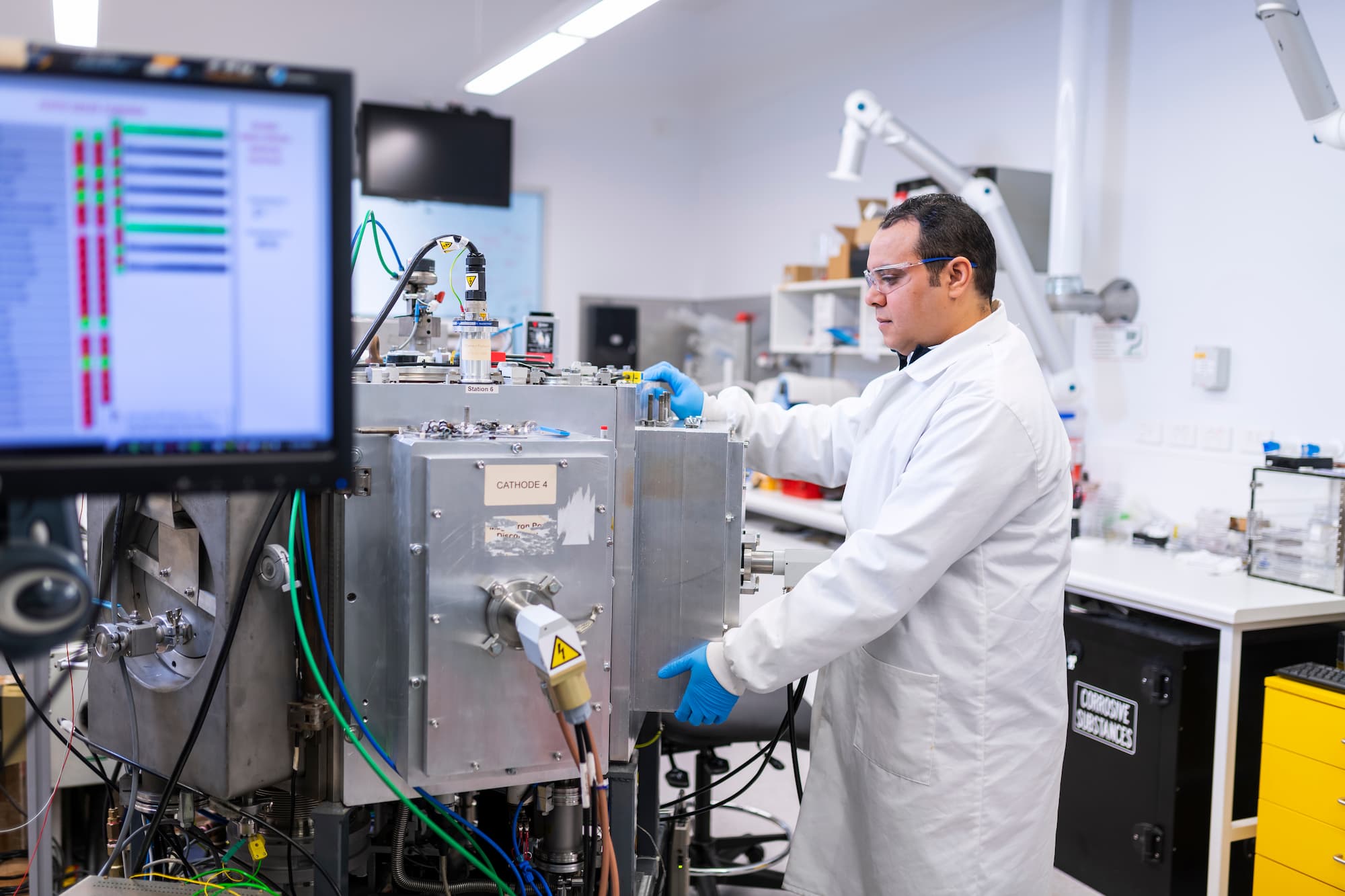Author: University of South Australia’s Professor Colin Hall
Australia's manufacturing industry is a dynamic arena, with the historic downturn of car manufacturing, a current volatile manufacturing sector, and a market that is heavily influenced by the global economy. Amidst this landscape, certain sectors are experiencing notable growth, like defence, health and mining. However, Australia is trailing key global players like China and the US when it comes to mass production. Therefore, the country must adopt a distinctive approach to fortifying its capabilities. The combination of collaboration, innovation, and customisation is the key.
Advancing manufacturing with smart technology
While traditional manufacturing focuses on mass production through machinery and tools, advanced manufacturing leverages smarter technologies to elevate products and processes. This includes integrating artificial intelligence and cloud computing into manufacturing practices, supported via additive manufacturing and precision machining — a technique that employs computer-controlled tools to craft intricate components with utmost accuracy. Australia has already made strides in advanced manufacturing, contributing to groundbreaking innovations. Thanks to precision machining techniques, manufacturers can fabricate, modify and repair components and produce very specific parts. This process, and its outputs, is called “additive manufacturing” and it is here that Australia can capitalise.
Deepening our additive manufacturing capabilities
Deepening Australia's additive manufacturing capabilities holds immense potential for economic growth and industrial progress. Strengthening these capabilities would facilitate the production of intricate components for vital industries such as defense, health, and mining. This includes the crafting of precise components for submarines and satellites, manufacturing medical devices, and applying wear-resistant coatings to essential mining equipment. Essentially, additive manufacturing allows for the customisation of components to suit specific needs. Therefore, customisation must become central to Australia's manufacturing growth strategy. By tailoring products to specific applications, Australia can unlock new opportunities by driving innovation, meeting bespoke customer needs and delivering enhances product differentiation. This is where the potential of additive manufacturing truly lies — instead of competing against other countries to mass produce low-cost outputs, Australia can prioritise low production of high-value products, leading to increased market share and profitability.

Mixing industry and university for additive manufacturing growth
By fostering strategic alliances, facilitating knowledge exchange, and jointly undertaking projects, Australia can harness the collective wisdom of universities and industry. As the University of Enterprise, UniSA champions an outward-in ethos, aligning its research agenda with industry demands. UniSA has a robust network of more than 2500 industry partners, with many of these partnerships being forged at the university’s Future Industries Institute (FII). Renowned globally for its cutting-edge facilities and infrastructure, FII collaborates closely with entities spanning the defense, aerospace, healthcare, hi-tech, and resource sectors. These partnerships often entail joint ventures in research and development, as well as prototyping, proof of concept, proof of manufacture, product fabrication, and small-scale manufacturing. Moreover, industry professionals can embed themselves within FII, either for upskilling purposes or to immerse themselves fully in manufacturing projects. Collaboration between industry and universities, as exemplified at UniSA, will allow Australia to expand its additive manufacturing capabilities while underscoring our country’s commitment to innovation.
Manufacturing a stronger future
Australia must grow its capabilities amidst domestic and global volatility. While certain sectors show promise, the nation still grapples with its lack of competitiveness and distinctiveness, especially against global manufacturing powerhouses. To address this disparity, Australia must embrace an innovative and collaborative approach, particularly in the realm of additive manufacturing. Doing so will contribute to a more resilient, broader, and diverse manufacturing base. This is because additive manufacturing can fill critical supply chain gaps in a responsive and timely manner, compared to the slower turnaround time seen with traditional manufacturing struggles.
UniSA’s research expertise can be leveraged by your business. You can begin your journey by connecting with UniSA’s Enterprise Hub for guidance and support. You can visit our website to learn more, make an email enquiry or phone us on 08 8302 3482.
About Professor Colin Hall

An Industry Professor at the University of South Australia’s (UniSA) Future Industries Institute (FII), Professor Hall is dedicated to helping Australian manufacturing become globally competitive through the uptake of innovative research. Colin has worked in private industry for nine years and industry led-academic research for 20 years which lends him a unique perspective on industry engaged research. In collaboration with industry and other universities, Colin is contributing to a bid for an Additive Manufacturing Cooperative Research Centre.
Contact the Enterprise Hub
Get in touch with us to find out how we can support your business needs.
Make an enquiry online or call us to discuss your idea



